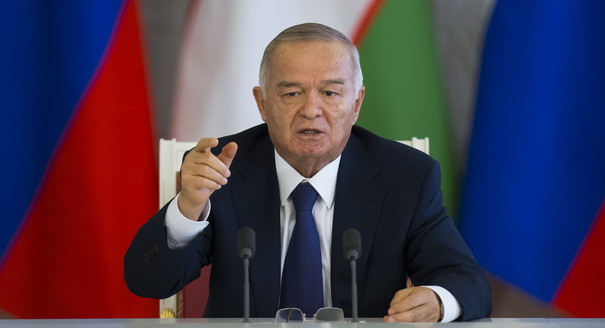Islam Karimov has essentially been in power in Uzbekistan since 1989. Rumors abound that Karimov will not take part in the country’s next presidential election in 2015, but it seems likely that he will participate. If he does, he is guaranteed to win. Though it is still too early to talk about the chances specific candidates have of replacing Karimov, it is important to look closely at the current ruling elite and the president’s possible successors to see where the country might be heading.
Possible Successors
- The president’s eldest daughter, Gulnara Karimova, and the National Security Service chief, Rustam Inoyatov, are seen as the main actors in the struggle to gain the presidency after Karimov’s departure, though there are a number of other potential candidates from both Uzbekistan’s powerful clans and the government.
- The president’s daughter is one of the richest people in the country. She has conducted local and foreign business transactions in violation of both national and European laws, expecting her father’s protection. This undermined Uzbekistan’s image, drawing father and daughter into conflict.
- Inoyatov is Uzbekistan’s second most influential figure. He dismantled Gulnara’s business empire and placed her under house arrest at the president’s behest. Some experts believe that he is staking a claim to Karimov’s seat and considers the president’s daughter his main rival.
- Two other potential candidates are the current prime minister, Shavkat Mirziyoyev, and the deputy prime minister and finance minister, Rustam Azimov.
Conclusions
- Karimov will decide when and to whom to transfer power. The president recently proposed constitutional changes that would give some presidential powers to the legislative and executive branches. This may signify his gradual exit from power, but the changes could also provide Karimov with legal grounds for running for president again.
- Inoyatov is likely to remain one of the key players during the power transition. Gulnara Karimova has little public support and is unlikely to succeed as an opposition figure or to be the successor.
- External actors are likely to have limited influence on the transition.
- Regardless of who emerges as the next president, regional clans and their political representatives will have a significant influence on the balance of power in the country.
- The eventual power transition is most likely to be peaceful, with interest groups and clans coming to an agreement to avoid instability. Yet, if a clan is dissatisfied with the new arrangement, it may appeal for public support and provoke social protests with an Islamist core.

.jpg)



